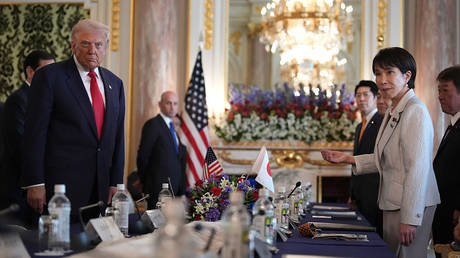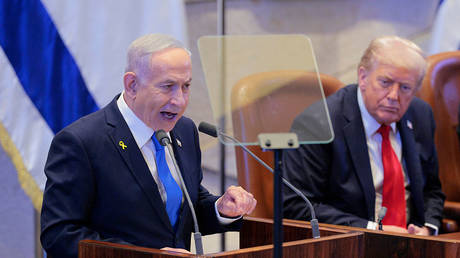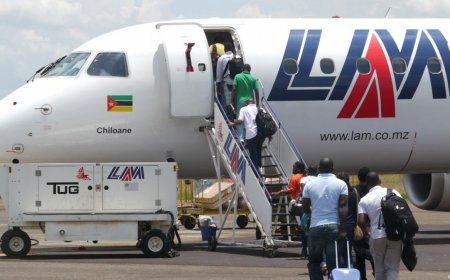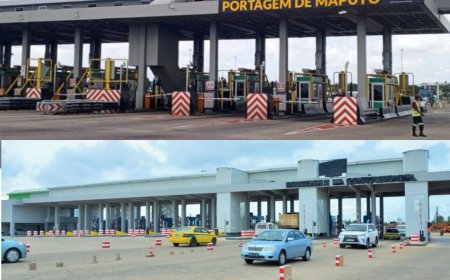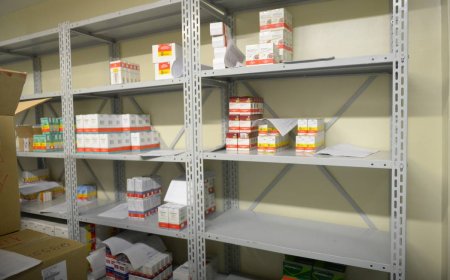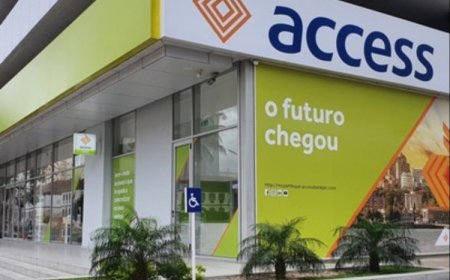Mozambique LNG Project at Risk: Funding Uncertainty Threatens Africa’s Largest Private Investment
The fate of TotalEnergies’ $20 billion Liquefied Natural Gas (LNG) project in Mozambique—the largest private investment in Africa—hangs in the balance. The French oil giant now faces mounting challenges in securing previously committed financing, navigating a volatile global energy landscape, and addressing security concerns in Cabo Delgado province.
The project's viability is increasingly uncertain due to wavering commitments from major export credit agencies. According to *African Business*, while the U.S. Export-Import Bank (EXIM) is expected to reaffirm its financing approval in the coming weeks, the UK Export Finance (UKEF) is reportedly reconsidering its $1.15 billion commitment. If UKEF withdraws, aligning with the UK government’s policy shift away from fossil fuel financing, it could trigger a confidence crisis among other lenders and lead to further delays.
Initially sanctioned in 2019, the Mozambique LNG project is backed by a complex financing structure involving eight export credit agencies, 19 commercial banks, and the African Development Bank. The consortium includes Japan’s Mitsui, Mozambique’s state-owned ENH, and various Indian and Thai partners. However, in 2021, TotalEnergies declared force majeure and suspended construction following escalating Islamist insurgency attacks in Cabo Delgado. Since then, the company has postponed the project’s restart, citing security concerns and awaiting confirmation of financial backing.
Beyond security and financing, analysts suggest that broader market dynamics may be influencing TotalEnergies’ cautious approach. *African Business* reports that the company may be “buying time” as it assesses the impact of growing global LNG supply. With the U.S. and Qatar ramping up their LNG export capacity, increased competition could pressure Mozambique’s profitability.
TotalEnergies CEO Patrick Pouyanné recently stated that the company is “prepared to exercise all contractual rights” if financiers back out. However, energy analysts, including Pranav Joshi of Rystad Energy, warn that a funding shortfall could force greater reliance on Asian banks and alternative investors. Moreover, further project delays would escalate construction costs, already impacted by global inflation since 2019.
Originally, Mozambique LNG was expected to begin production in 2024, but projections have now shifted to 2030—subject to further delays if financing, security, or contractual issues persist. According to Joshi, “any setback—whether due to security risks, financial constraints, or prolonged negotiations—could push the timeline even further.”
The project’s uncertainty has far-reaching consequences beyond TotalEnergies’ operational challenges. For Mozambique, LNG exports were envisioned as a key driver of economic recovery, stabilizing public finances and funding reconstruction in war-torn Cabo Delgado. Anna Westwell, an economist at JS Held, warns that “delayed LNG revenues will exacerbate Mozambique’s debt crisis, restricting the new government’s ability to finance post-conflict rebuilding efforts.”
TotalEnergies is now weighing the risks and rewards of recommitting to Mozambique LNG. If financial hesitations persist and operational hurdles mount, the project’s cancellation could leave Mozambique without what was once seen as its greatest economic transformation opportunity in recent history.





